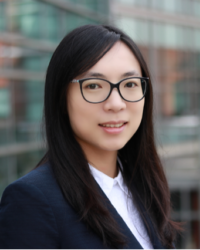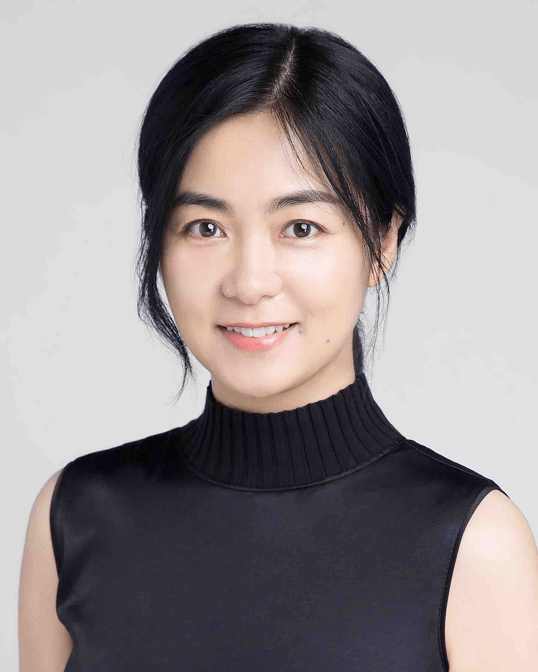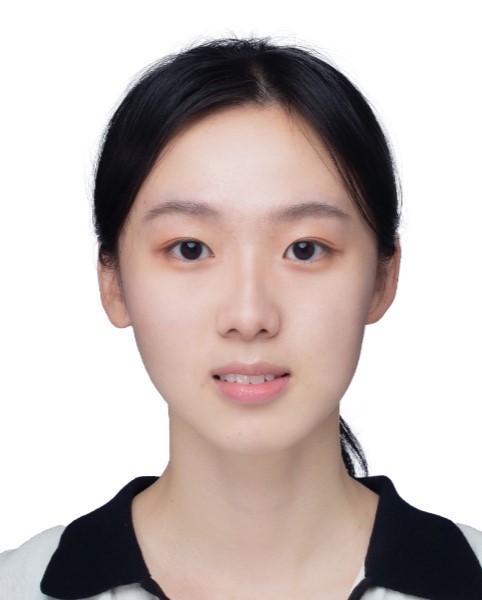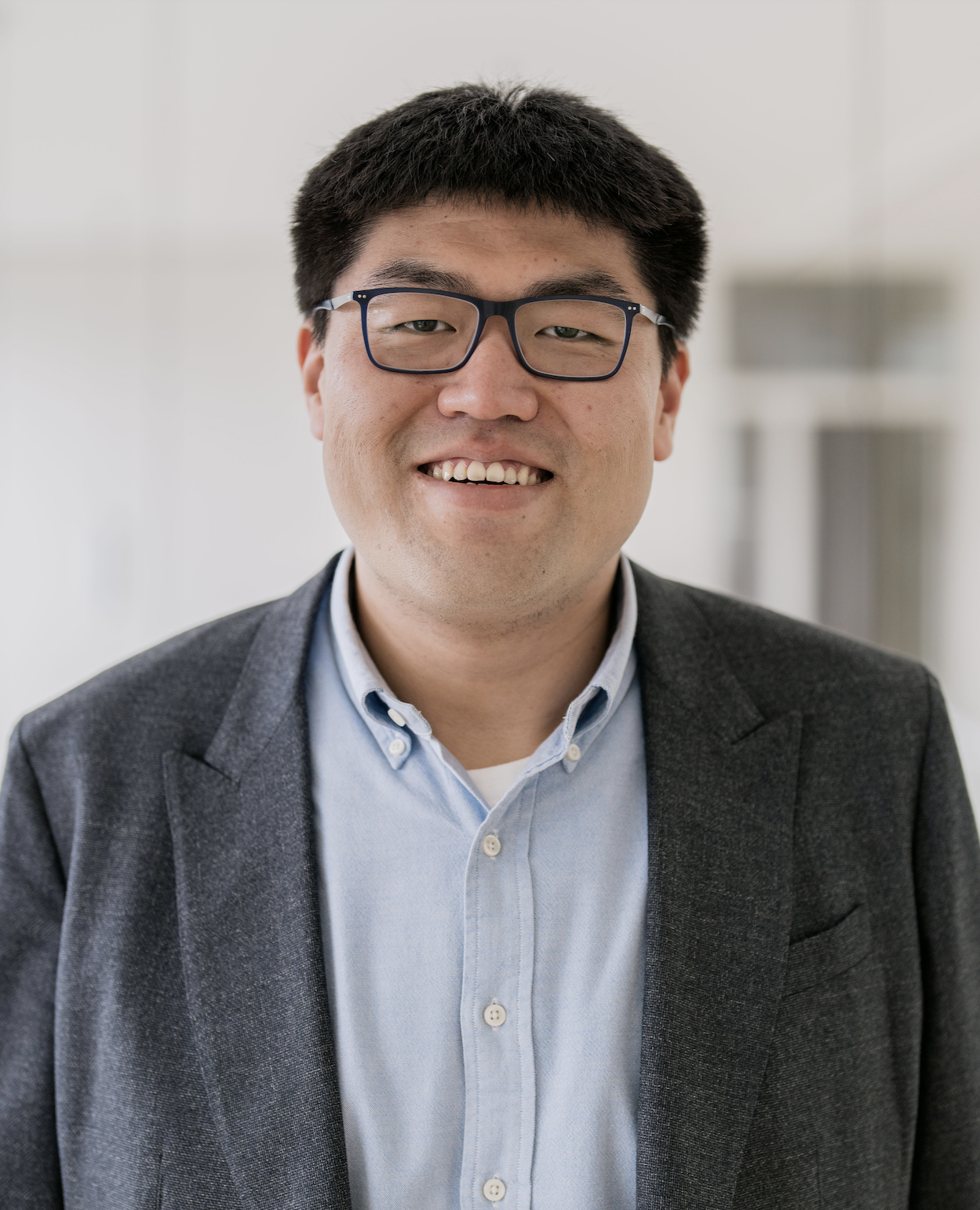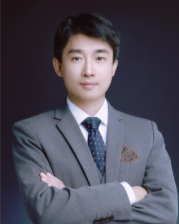Keynotes
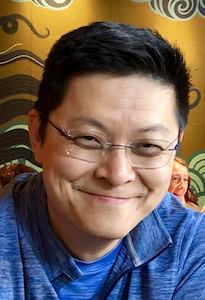
Title: Progress and Challenges in Detecting Generative “AI Art”
Ben Y Zhao, Professor, University of Chicago
Prof. Zhao is a Neubauer Professor of Computer Science at University of Chicago. Over the years, He has worked on a number of areas from P2P networks, online social networks, cognitive radios/dynamic spectrum, graph mining and modeling, user behavior analysis. Since 2016, he has focused on security and privacy in machine learning and wearable systems. Since 2022, he works primarily on adversarial machine learning and tools to mitigate harms of generative AI models against human creatives in different industries. His primary research venues are CCS/Oakland/USENIX Security. In the past, he published at a range of top conferences, including NeurIPS/CVPR, IMC/WWW, CHI/CSCW, and SIGCOMM/NSDI/Mobicom.
https://people.cs.uchicago.edu/~ravenben/
Generative AI models are adept at producing images that mimic visual art created by human artists. Beyond mimicking individual artists and their styles, text to image diffusion models are often used to commit fraud against individuals and commercial entities interested in licensing or purchasing human art. In this talk, I will discuss the challenges of distinguishing generative AI images from visual art produced by human artists, and why it is an important problem to solve for both human artists and AI model trainers. I will present our recent results from a large experimental study evaluating the practical efficacy of different genAI image detectors, including supervised classifiers, diffusion-specific detectors, and humans (via a user study involving more than 4000 artists). We find that there are no ideal solutions, and perhaps a hybrid of artists and ML models are our best hope moving forward.
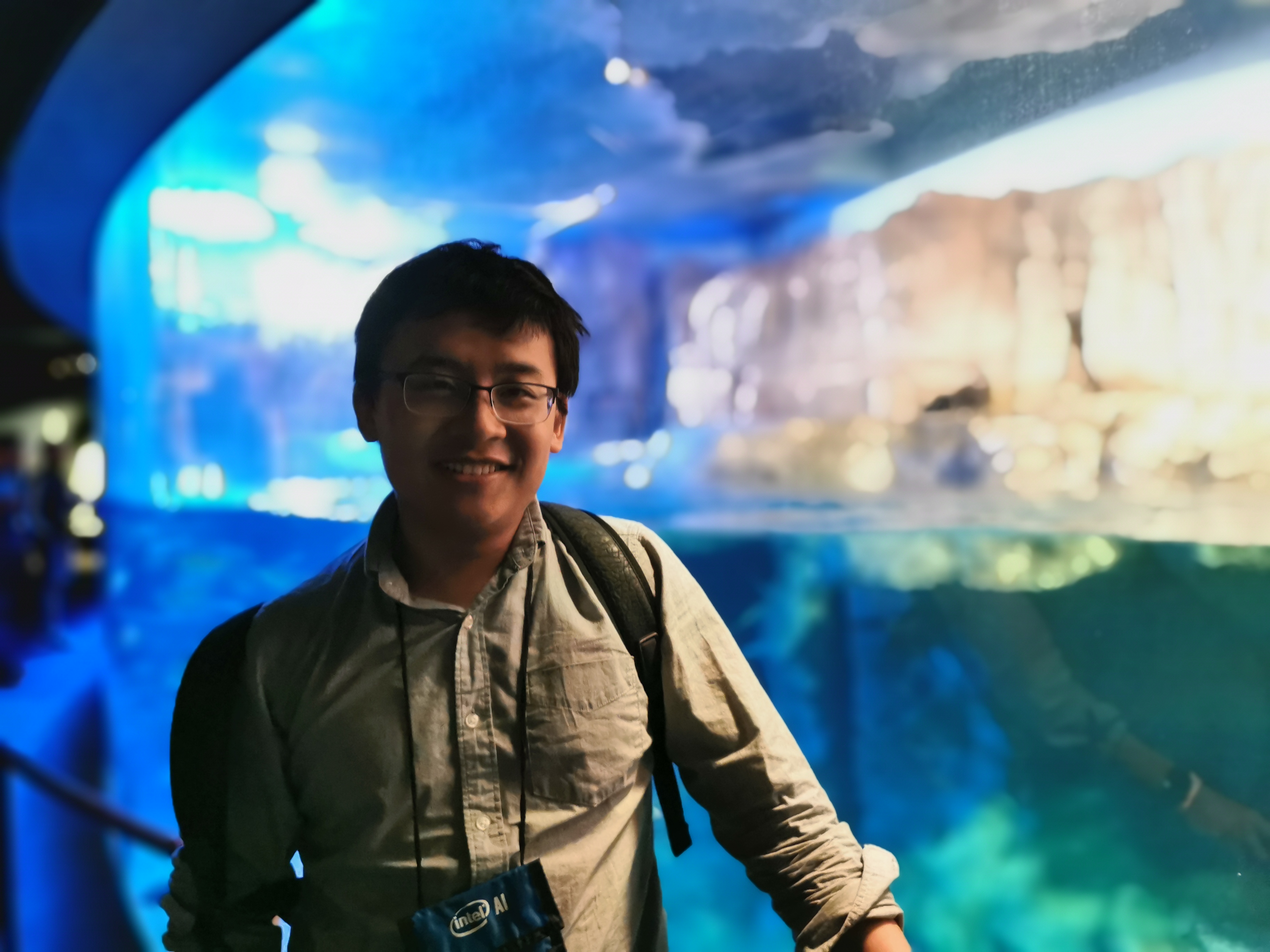
Title: Emergent Threats in the Era of Large Language Models
Chaowei Xiao, Assistant Professor, the University of Wisconsin, Madison
Dr. Chaowei Xiao is an Assistant Professor at the University of Wisconsin, Madison, and a research scientist at NVIDIA Research. He is currently very interested in exploring the safety and security problem in (Multimodal) Large Language Models and systems, as well as studying the role of LLMs in different application domains. He has received multiple Best Paper Awards at top-tier security and system conferences such as USENIX Security, MobiCom, and ESWN, along with the ACM Gordon Bell Special Prize for COVID and the Amazon Faculty Award. His research work has been featured in multiple media outlets, including Nature, Wired, Fortune, and The New York Times. One of Dr. Xiao's research outputs is also on display at the London Science Museum.
https://xiaocw11.github.io/
In recent years, Large Language Models (LLMs) have garnered significant attention for their extraordinary ability to comprehend and process a wide range of textual information. Despite their vast potential, they are still facing safety challenges, hindering their practical applications. In this talk, our journey starts from exploring two safety challenges of existing LLMs: jailbreak attack and prompt injection attacks. I will introduce the principles for red-teaming LLMs by automatically generating jailbreak and prompt injection threats. Following this, I will then discuss mitigation strategies that can be employed to defend against such attacks, ranging from the alignment, inference stage and system stage.
